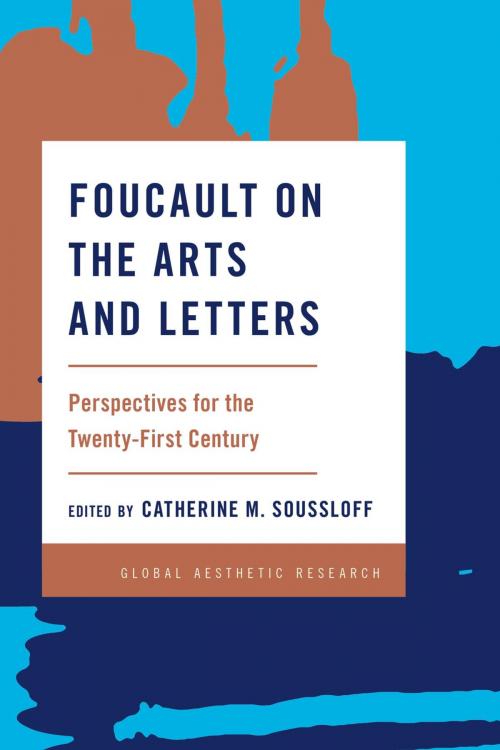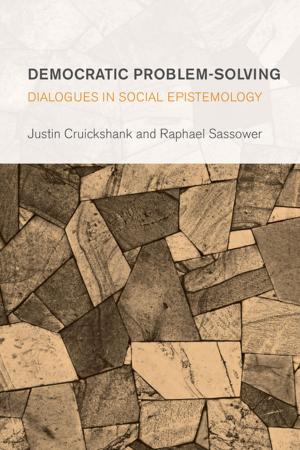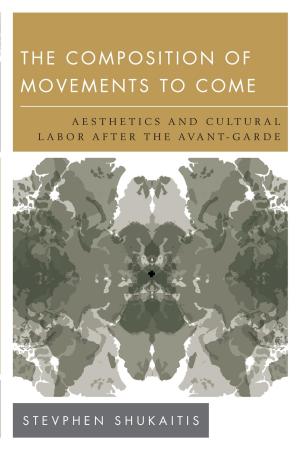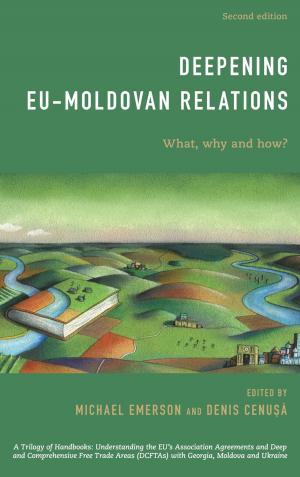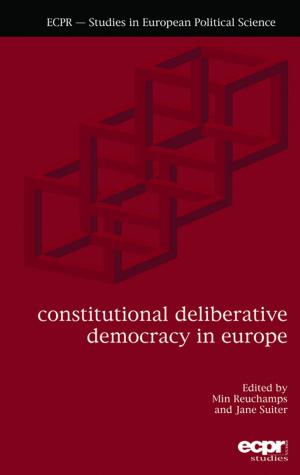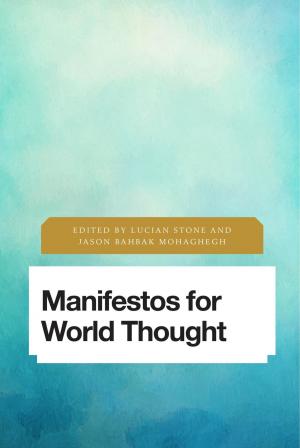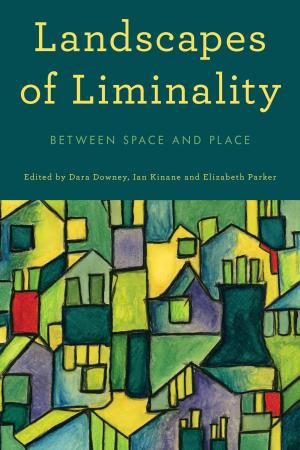Foucault on the Arts and Letters
Perspectives for the 21st Century
Nonfiction, Religion & Spirituality, Philosophy, Aesthetics, Art & Architecture, General Art, Art History| Author: | ISBN: | 9781783485758 | |
| Publisher: | Rowman & Littlefield International | Publication: | October 6, 2016 |
| Imprint: | Rowman & Littlefield International | Language: | English |
| Author: | |
| ISBN: | 9781783485758 |
| Publisher: | Rowman & Littlefield International |
| Publication: | October 6, 2016 |
| Imprint: | Rowman & Littlefield International |
| Language: | English |
As one of the most important philosophers of the 20th century, Michel Foucault’s reputation today rests on his political philosophy in relation to the contemporary subject in a neo-liberal and globalized society. This book offers insight into the role of the arts in Foucault’s thought as a means to better understanding his contribution to larger debates concerning contemporary existence.
Visual culture, literary, film and performance studies have all engaged with Foucauldian theories, but a full examination of Foucault’s significance for aesthetic discourse has been lacking until now. This book argues that Foucault’s particular approach to philosophy as a way of thinking the self through the work of art provides significant grounds for rethinking his impact today. The volume moves across as many disciplinary boundaries as Foucault himself did, demonstrating the value of Foucault’s approach to aesthetic discourse for our understanding of how the arts and humanities reflect upon contemporary existence in a globalized society.
As one of the most important philosophers of the 20th century, Michel Foucault’s reputation today rests on his political philosophy in relation to the contemporary subject in a neo-liberal and globalized society. This book offers insight into the role of the arts in Foucault’s thought as a means to better understanding his contribution to larger debates concerning contemporary existence.
Visual culture, literary, film and performance studies have all engaged with Foucauldian theories, but a full examination of Foucault’s significance for aesthetic discourse has been lacking until now. This book argues that Foucault’s particular approach to philosophy as a way of thinking the self through the work of art provides significant grounds for rethinking his impact today. The volume moves across as many disciplinary boundaries as Foucault himself did, demonstrating the value of Foucault’s approach to aesthetic discourse for our understanding of how the arts and humanities reflect upon contemporary existence in a globalized society.
